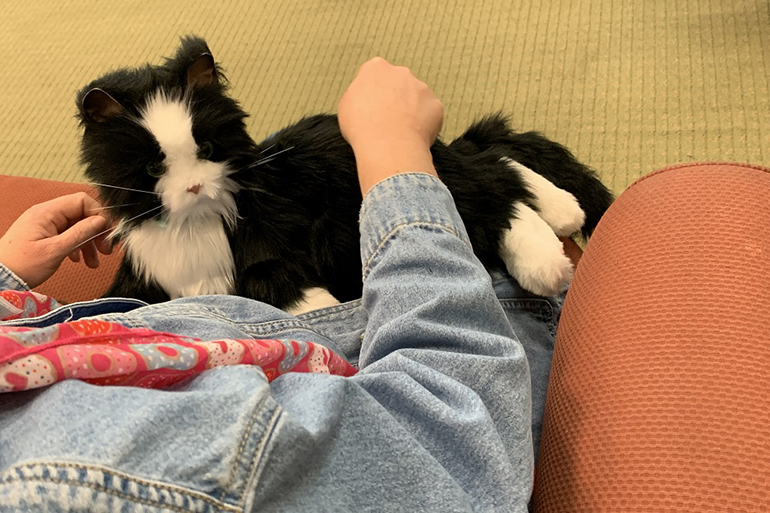It’s one thing for us to have a different thought process from others, but the uniqueness of our individuality comes to the fore much before we get to that point. The fact that we have our own exclusive place in the world is largely influenced by how differently we perceive our surroundings. Now, it’s not to say that there won’t be a single similarity between how two separate people go about the said process. Instead, this fact talks more about how there is always at least some level of distinction, which sets us apart from others. The significance of having that distinction can be observed in a plethora of things, but nothing presents it better than technology. A person being given the liberty to perceive our needs in their own way, thus setting the stage for them to answer it with technology is something that educates us very well about the potential of human perception, and how transformative it can be. Even when technology had bedded into our lives, we continued to use our diverse standpoints in order to make our reality better. While it was certainly happening on a holistic scale, the effects of it around the granular levels weren’t any less important. Especially when you look at a sector like healthcare, it crystallizes our upwards trajectory rather brilliantly on the back of all the leaps we have recently made within this sphere. Nevertheless, by looking at Florida Atlantic University’s latest development, it can be safely said that we might be on the verge of clocking a whole another peak.
The researching team at Florida Atlantic University has successfully put-together a robotic cat that does the work of improving mood and cognition for people suffering from dementia. With furry device moves and realistic cat noises, the patients can feel a sense of companionship and entertainment whenever their symptoms, which include depression and anxiety, are resurfacing. This, as you can guess, saves them from having to go through pharmacological treatments, which are often served alongside many side-effects. Furthermore, pet therapy is scientifically proven to be helpful in such situations, but the responsibilities that come with petting a real animal doesn’t make an ideal situation for someone who is dealing with a disease as serious as dementia. Hence, the concept of a robotic cat hits all the right notes, as we look to collectively raise the ceiling of the current healthcare setup.
So far, the team has tested the device in a care home for adults, and the results turned out to be immensely positive.
“In addition to improving mood, behaviors and cognition, these robotic pet cats provided our participants with an alternative way to express themselves. Importantly, improving overall mood and behavior in individuals with Alzheimer’s disease and related dementias may also improve quality of life for their caregivers and family members,” says Lisa Kirk Wiese, a researcher involved in the study.


















